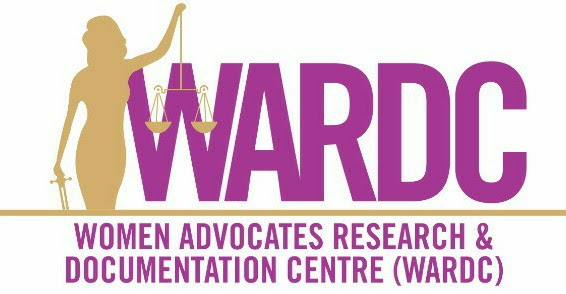
A report released by the Women Advocates Research and Documentation Centre (WARDC) and Women for Women International (WfWI) has identified social and cultural norms as...
By Abbass Jimoh A report released by the Women Advocates Research and Documentation Centre (WARDC) and Women for Women International (WfWI) has identified social and cultural norms as major barriers that need to be overcome for enhanced women’s participation in democracy in Nigeria. At a roundtable and public presentation of a research project titled “Listen to Women: Identifying Barriers to Women’s Freedom of Speech and Participation in Democracy in Nigeria,” held in Abuja, they emphasized that addressing these challenges would not only enhance women’s freedom of speech but also their participation in democracy and politics. The report highlighted the persistent resistance in the National Assembly towards gender equality initiatives, indicating enduring obstacles that must be addressed.

Despite administrative efforts, women’s representation in political arenas remains disproportionately low, with only 3.6% of seats in the national parliament held by women in 2022. The report also noted that political turmoil frequently exacerbates conflicts, disproportionately affecting women.
Dr. Abiola Akiyode-Afolabi, the Founding Executive Director of WARDC, highlighted that sociocultural norms continue to affect women’s ability to participate in peace processes and politics in their communities and states.















